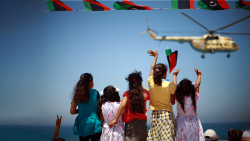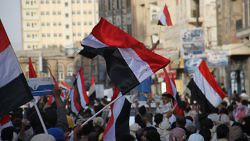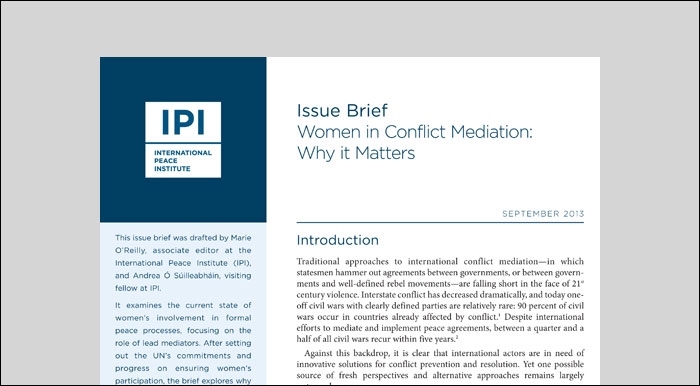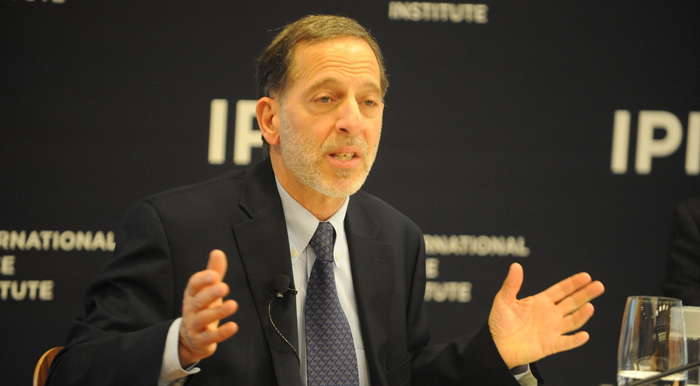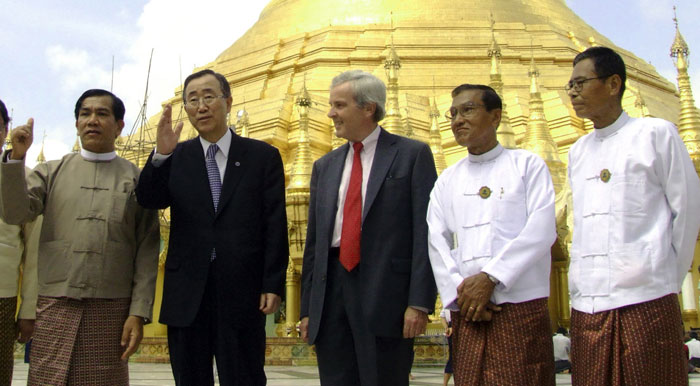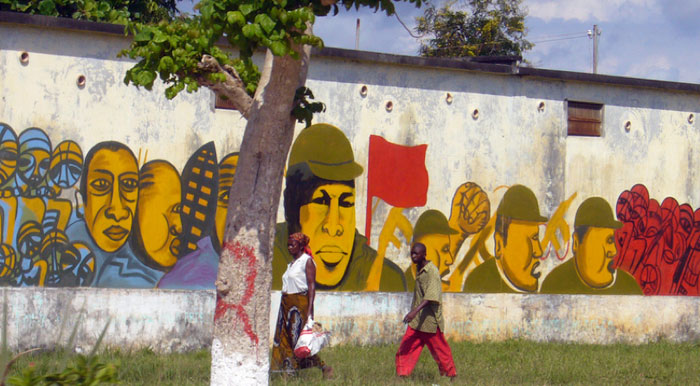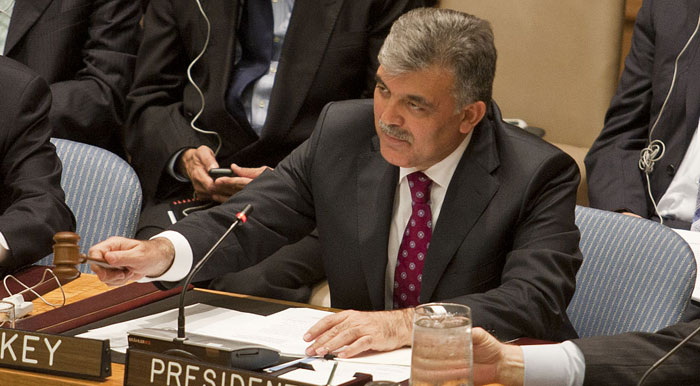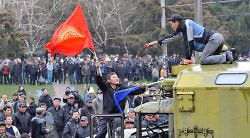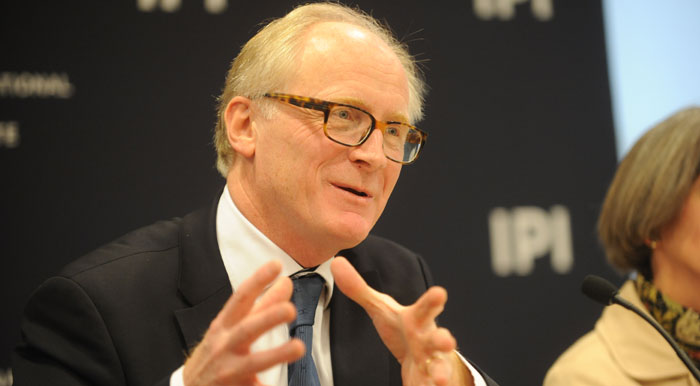
Discussing her new book The Lonely War: One Woman’s Account of the Struggle for Modern Iran at IPI on December 15th, author Nazila Fathi said that 35 years after the revolution, Iran is divided between hardliners and a large moderate middle class, but admitted that it is still unclear which of the two sides will […]
Read more